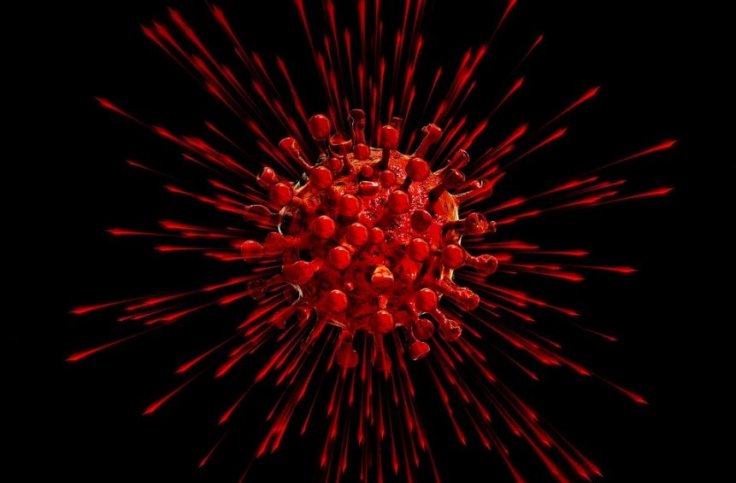Since the beginning of the COVID-19 pandemic, several studies have shown that existing health ailments in individuals can worsen their outcomes in the event of them contracting the deadly SARS-CoV-2 coronavirus infection. However, can a health condition protect one from the ravaging ways of the disease?
According to a new study, people born with heart defects had a low risk of having moderate or severe outcomes of COVID-19. The study, which is the largest of its kind, was helmed by Columbia University Vagelos College of Physicians and Surgeons (VP&S). It investigated the effect of the coronavirus infection on patients born with congenital heart disease (CHD).
"At the beginning of the pandemic, many feared that congenital heart disease would be as big a risk factor for COVID-19 as adult-onset cardiovascular disease" wrote the authors. However, the authors stated that they are "reassured by the low number of patients treated at their center and the patients' outcomes."
Lower Risk Among Patients With CHD

The VP&S monitors over 7,000 pediatric and adult patients who were born with a heart defect. Between March and July 2020, 53 patients with CHD, with a median age of 34 and afflicted with COVID-19 were reported at the specialty center.
While the 10 children and 43 adults with CHD had COVID-19, certain additional attributes were noted. Around 58 percent had complex congenital anatomy or inherent anatomical complexities. Nearly 15 percent were found to have a genetic defect. Also, 11 percent had pulmonary hypertension and 17 percent were reported to have obesity.
Role of Genetic Syndromes
Further analysis of the reported COVID-19 patients revealed that the existence of concurrent genetic syndrome in all patients and the progressed stage of the infection in adult patients, were both associated with a higher risk of severe symptoms. Five patents possessed trisomy 21, the presence of an extra chromosome at position 21. Four patients had a blood circulation irregularity caused by defects in the heart known as Eisenmenger's syndrome.

Also, two patients suffered from DiGeorge syndrome, which is caused by the erasure of a portion of chromosome 22. Almost all the patients who had DiGeorge syndrome and trisomy 21, exhibited moderate to severe symptoms of COVID-19. Among the 53 COVID-19 patients who were found to have CHD, 17 percent or nine patients, had moderate to severe cases of the infection, while six percent or three patients succumbed to the disease.
Few Limitations
The scientists admitted that the study indeed had a few limitations. "While our sample size is small, these results imply that specific congenital heart lesions may not be sufficient cause alone for severe COVID-19 infection," they wrote. It is also likely that some of the patients in the analyzed population mat have adhered to stricter social distancing measures as early on in the pandemic several concerns surrounding cardiac conditions were raised, said the researchers.

They acknowledged that the median age of the study and the prevalence of acquired cardiac risk factors were found to lower in the analyzed hospitalized patients in the study in comparison to those generally admitted to hospital in New York City due to the disease. Another limitation that the team admitted to was that in a cohort of older COVID-19 patients with CHD, the risk profile could be different.
"Despite evidence that adult-onset cardiovascular disease is a risk factor for worse outcomes among patients with COVID-19, patients with CHD without the concomitant genetic syndrome, and adults who are not at advanced physiological stage, do not appear to be disproportionately impacted," the authors concluded.









